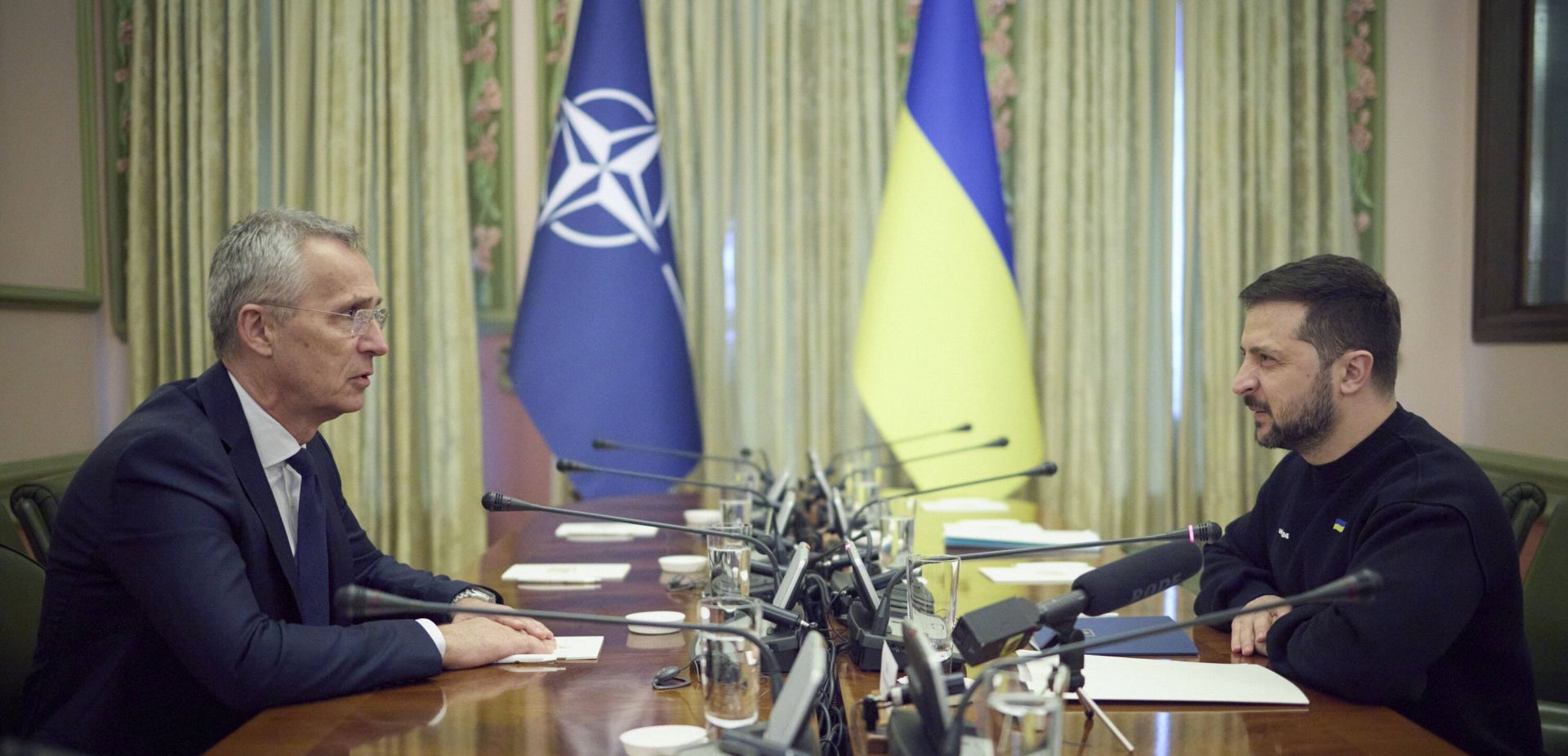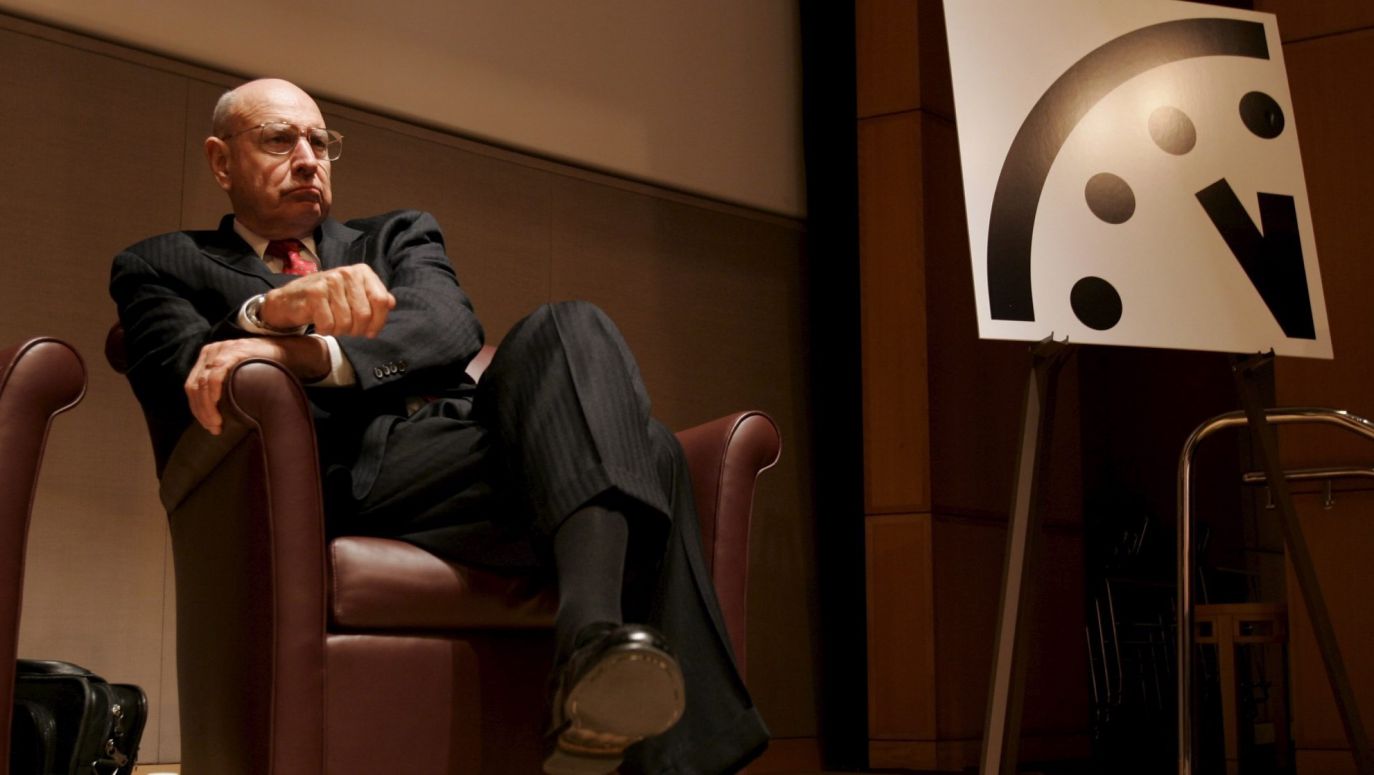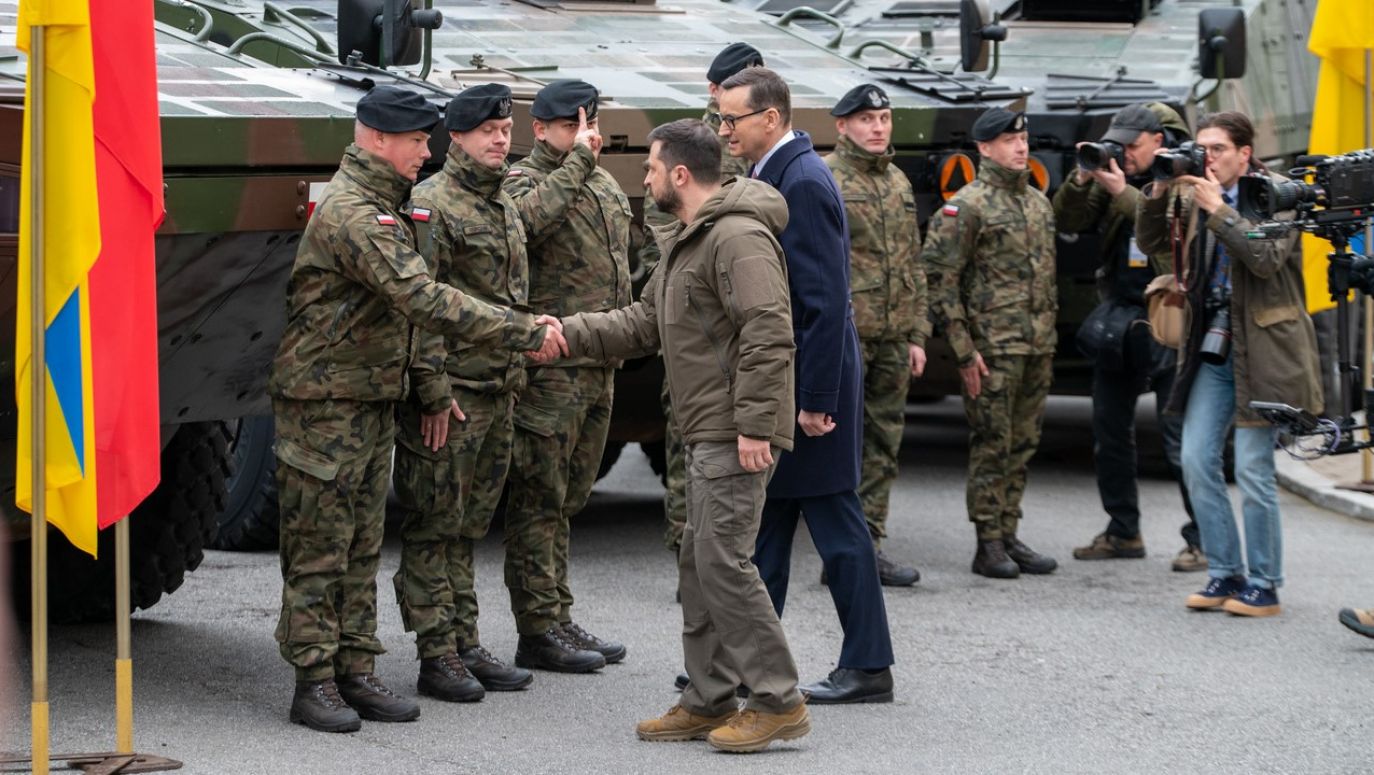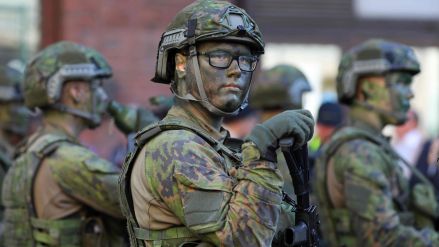Because it is easy to write in Western media that most of the peninsula’s inhabitants speak Russian, attention is drawn to the potential difficulties associated with reintegrating the region with the Ukrainian state, and some authors even assume from the outset that ethnic persecution may occur there. Interestingly, these same authors do not seem to pay much attention to what the Russians are currently doing there, for example, in relation to the Crimean Tatars. Why? The answer is probably simple: because it is not about caring for ethnic minorities. The secret to this one-sidedness lies in the second part of the Putinist narrative, namely in the effective persuasion of some Western elites that an attempt to regain Crimea could provoke a reaction in the form of Russia’s use of nuclear weapons. Donetsk, Luhansk, or Kherson may not be, but Crimea is certainly that “red line” for Putin beyond which nuclear annihilation lies.
The Russian dictator has managed to obtain a “special status” for Crimea in the minds of many people in the West. One of them, British author Anatol Lieven, even wrote that Crimea had become a “Frankenstein’s monster” for the authorities in Kyiv. A creature that, after prolonged Ukrainian internal propaganda had ingrained it in human minds as an essential war goal, began to live its own life and could not be sacrificed in the name of a peace settlement like “land for peace.” Crimea is simply an obstacle, potentially dangerous, and many observers would gladly trade it away.
The new president will decide whether to break promises made to Ukraine
However, the perception of the role of Crimea in the West should be considered more in psychological than political terms, which would be good to analyse separately. Now, it is time to return to the ideas related to ending the war in Ukraine and to recall the opinion from the camp of the potential next president of the United States. It seems that it might be the current governor of Florida, Ron DeSantis. The sentence he wrote a month and a half ago electrified all those who follow the struggle of Ukraine and the help provided to it by the West: “While the United States has many vital national interests, continued involvement in the territorial dispute between Ukraine and Russia is not one of them.”
However, he faced criticism from many sides, not only from Democrats. In many cases, this criticism had more to do with internal political struggles than with views on Ukraine’s independence and territory, as DeSantis is an interesting target for both Joe Biden and Donald Trump. Interestingly, a relatively young political scientist from Florida, Mario Loyola, took up the defence. Perhaps in the future, we will find him in the team of another president. What is interesting is that the ultraliberal
The Atlantic gave him space to defend his position.
Loyola stated outright that DeSantis is right about Ukraine, and his position simply stems from the realism of his views. The extensive text by the young political scientist is certainly more intelligently written than the texts of other “realists,” such as John Mearsheimer and Stephen Walt, who were unable to avoid internal inconsistencies and weaknesses in their arguments. Loyola presented a coherent position, delegitimizing in essence the entire borders of Ukraine from 1991: “By including large swathes of historical Russia, millions of ethnic Russians, and a key naval base in Sevastopol (...), these borders in fact ensured Russia’s short-term hegemony. That is why from 1991 until the Euromaidan revolution in 2014, pro-Russian candidates won almost all presidential elections.”
The political scientist went on to argue that while Russia may be the aggressor from a legal standpoint, from a historical and strategic standpoint, it is fighting to maintain its strategic position. Meanwhile, America, by engaging in Ukraine’s assistance, is de facto a participant in the war. Loyola also criticised the lack of a clear American goal for engagement, as he did not consider supporting a fighting country “as long as it takes” as a valid goal. Finally, the most important element of his reflections were China, which is the primary target of American foreign policy in the 21st century, and here he fully agreed with DeSantis’s statement that Biden’s policy on Ukraine “pushes Russia into an actual alliance with China.”
Loyola then posed a valid question: What if Russia decides to unilaterally cease fire and simultaneously declares that any attack by Ukraine will be met with a nuclear response? In his opinion, this would mean that America will be forced into an unwanted dilemma, where it will have to choose between breaking promises to Ukraine and entering a nuclear war.
It seems to me that in the light of this very question, one should read the proposal by Haass and Kupchan mentioned earlier, who would like to “recognize reality without sacrificing principles,” that is, to bend principles to fit reality. In this way, American policy makers probably want to get out of a situation that they feel the reality of. There are many indications that Ukraine’s good period of international prosperity is coming to an end and it will have to decide on its peace under pressure that just a few months ago seemed unthinkable. This is due to the increasing economic problems in the world, the growing threat from China, the unpredictability of Russia, and the inevitably forthcoming political changes in the USA.
Of course, the West, first and foremost the United States, will not want to create the impression that it has abandoned the bravely fighting Ukrainians. Nobody needs a story about the “betrayal of the West,” least of all the West itself. Therefore, it can be expected that President Volodymyr Zelensky will be discreetly persuaded to start a peace initiative after the spring-summer offensive, which will end in some kind of success. The losses that Ukraine will suffer as a result of it will probably help to convince a large part of society that this is a good solution. The question, for which there is currently no good answer, is: can the end of the fighting, which will most likely occur at the end of the year, be called peace, or just a break in the war? And also, how and when will this break end?
– Robert Bogdański
TVP WEEKLY. Editorial team and jornalists
– Translated by jz 

 SIGN UP TO OUR PAGE
SIGN UP TO OUR PAGE 






